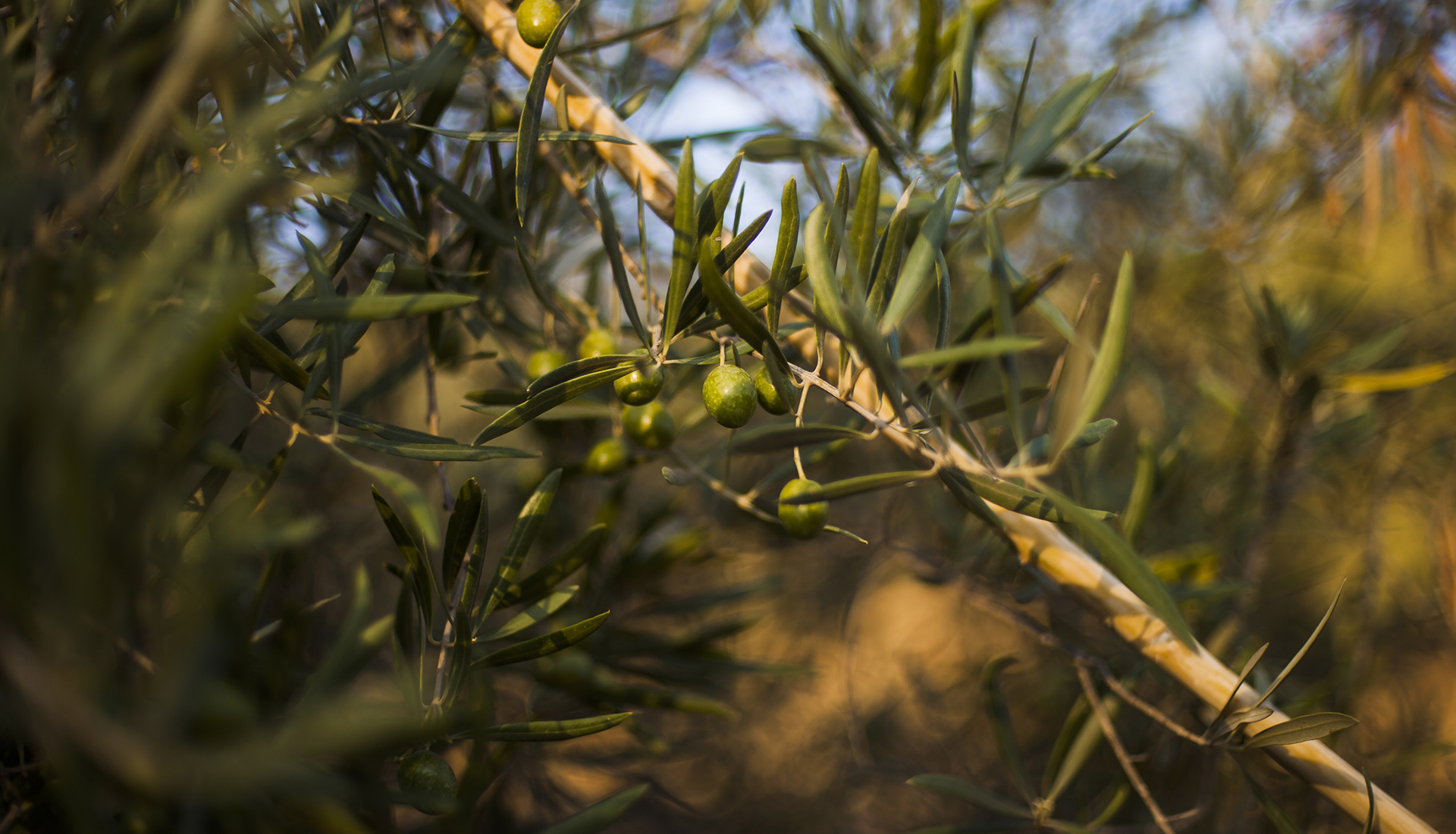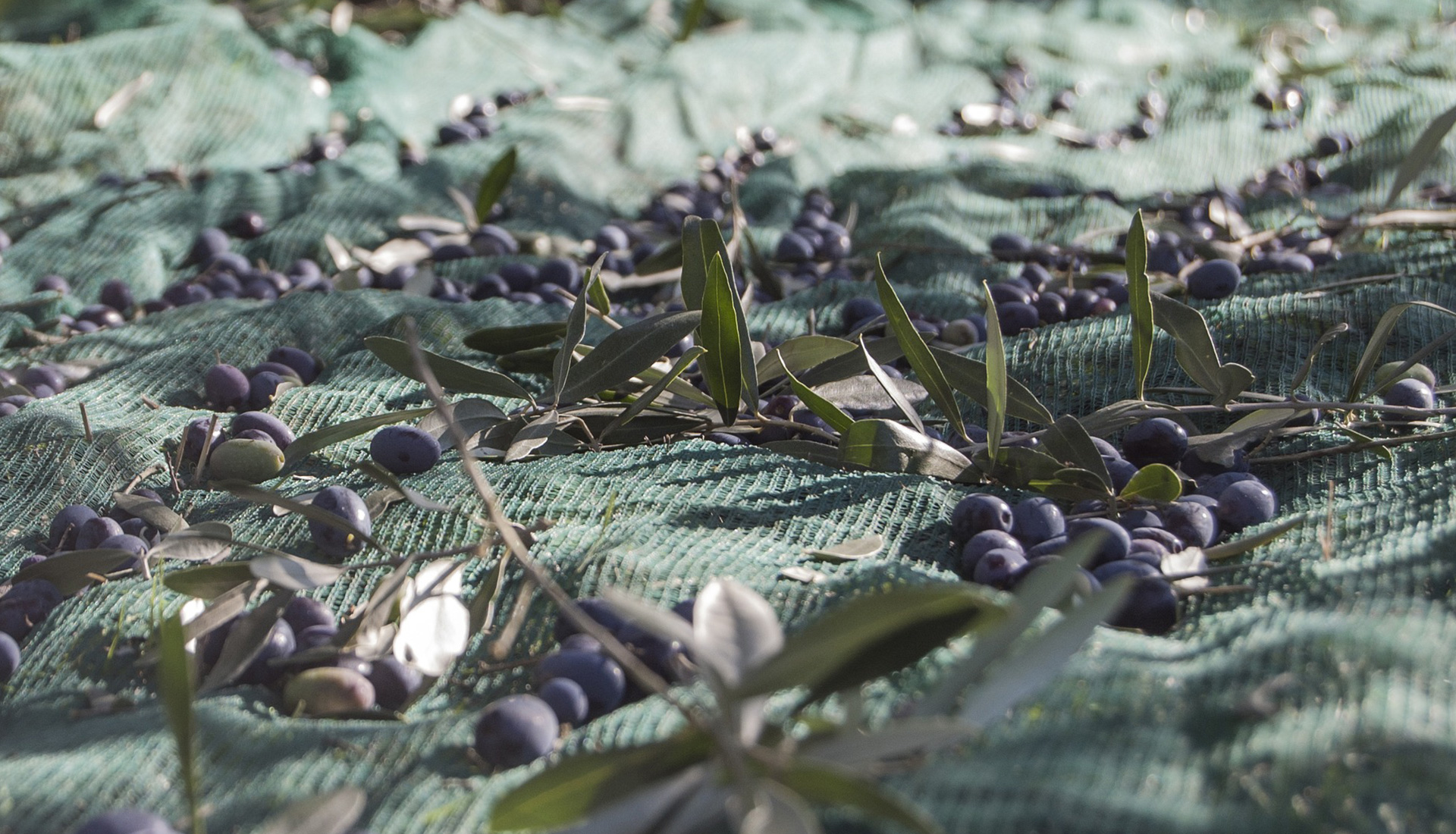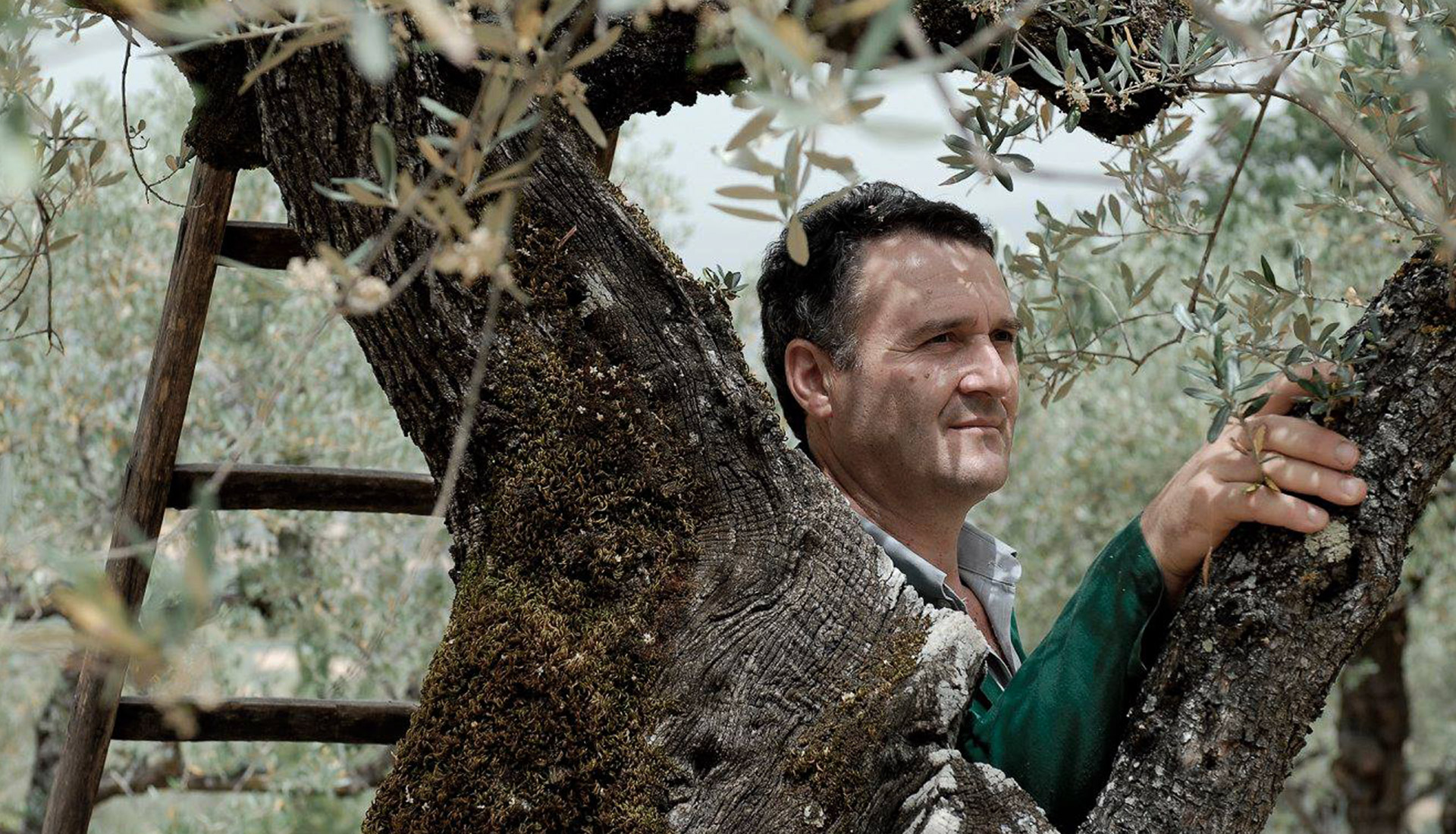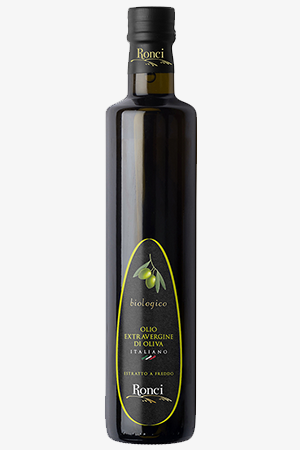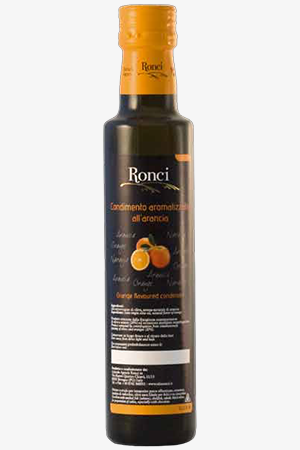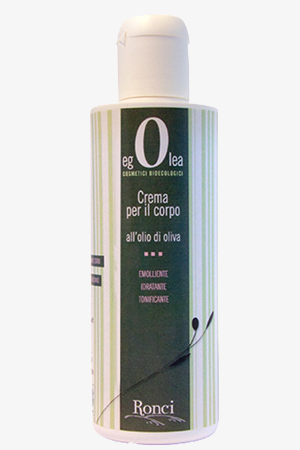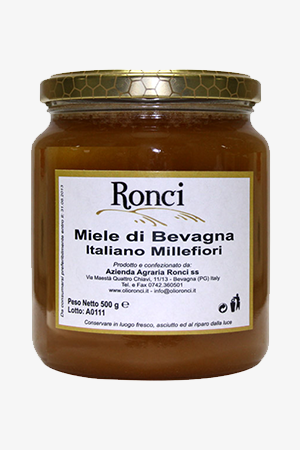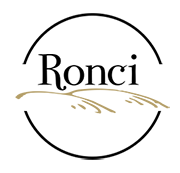
The Ronci family is an ancient farming family which has lived on this land and worked among its olive groves for generations.
THE OIL MILL
The company olive oil mill is situated in the middle of the olive groves in a characteristic old barn recently expanded to create spaces for oil storage.
CURIOSITY
Extra virgin olive oil is an important part of our mediterranean diet and of our everyday routine.
Why Organic
Our company, for twenty years, has adhered to the organic farming method, adopting agronomic management protocols based on low environmental impact techniques and aimed at improving production quality.
Organic farming is an agriculture that looks at the agricultural ecosystem as a whole, favoring what is proper to the soil and its natural fertility without using either synthetic products or genetically modified organisms for protection. The goal is to minimize all those actions that could be harmful not only to the olive tree, but also to the entire eco system
Adhering to the organic farming method, not only allows us to produce a genuine oil without any contamination, but also to respect the ecosystem and the environment that are the fundamental prerequisites for sustainable agricolture.
For us it is very important to re-use the by-products of olive processing, which are commonly considered waste and disposed of, with a consequent strong environmental impact. Instead, our farm decided to give new life to these by-products, transforming them from waste into a resource with an obvious increase in added value. From the olive pomace, that is the solid part of the olives (stone, pulp and skin), which remains after the extraction of the oil, we separate the stone: it is a natural and economic fuel, considered biomass. The pulp and skin of the olives are given to a biogas plant and are used for electricity production. The vegetation waters together with olive tree pruning residue are excellent compost to be distributed in the olive groves, increasing the fertility of the soil. In this way we are able to recycle, in a sustainable manner, all the processing waste, thus closing the olive oil supply chain.
WHY CHOOSE ORGANIC:
• 100% NATURAL PRODUCTS
During production, cultivation and all phases of processing are used exclusively substances of natural or mineral origin: they are in fact excluded: fertilizers, pesticides, herbicides, medicinal products and synthetic chemical preservatives
• OGM FREE
Organic farming excludes the use of genetically modified organisms
• A CLEANER AND HEALTHIER ENVIRONMENT
Organic farming techniques respect the environment and its balance; limit air and water pollution, avoid over-exploitation of natural resources and soil erosion, they prevent the extinction of useful organisms, preserve biodiversity in the environment
• MORE FERTILE SOIL
The use of organic substances and the use of appropriate agricultural techniques that do not exploit the soil intensively improve soil conditions and ensure that natural fertility is safeguarded. Healthy soils produce healthy fruit!
• GREATER ATTENTION TO HEALTH
In a perspective that sees the quality of nutrition as a source of well-being, the organic represents a possibility of safer choices in terms of guarantee and healthiness of the products
• PRODUCER PROTECTION
Organic farming guarantees a healthier environment for those who live and work in the countryside.
• INCENTIVE OF RESEARCH AND INNOVATION
Organic farming is not a return to the past. The production systems and the techniques that can be used are the result of new professionalism and constant commitment to obtaining healthy and quality products while minimizing the impact on the environment.


